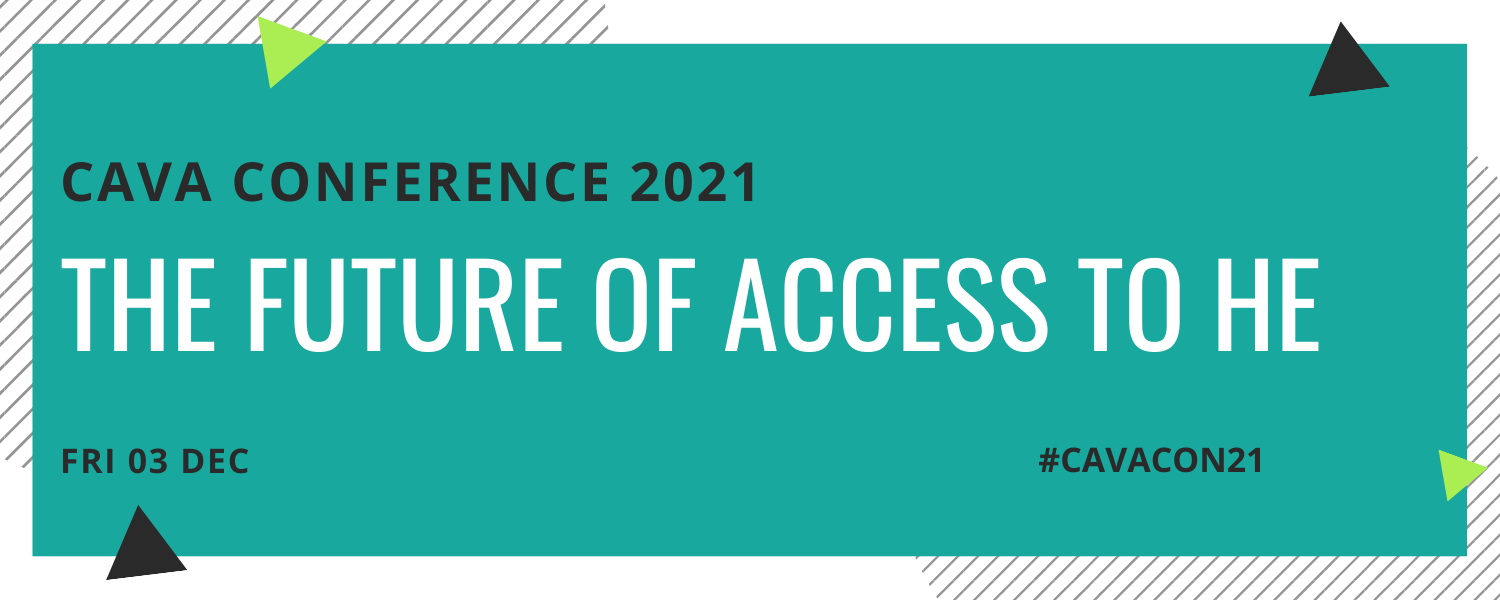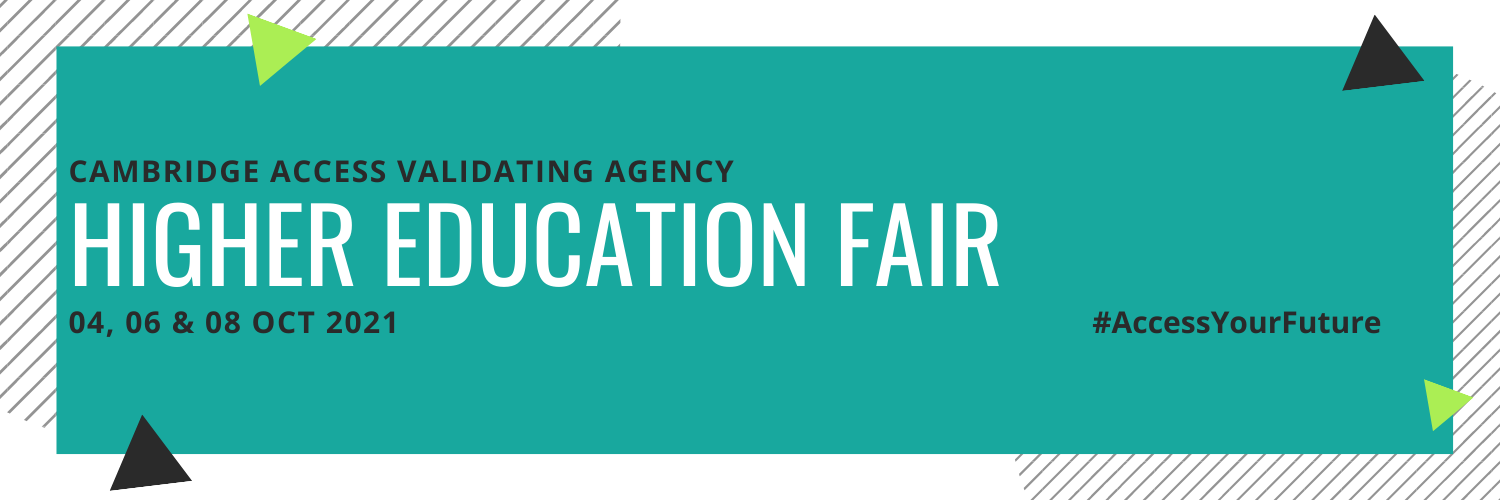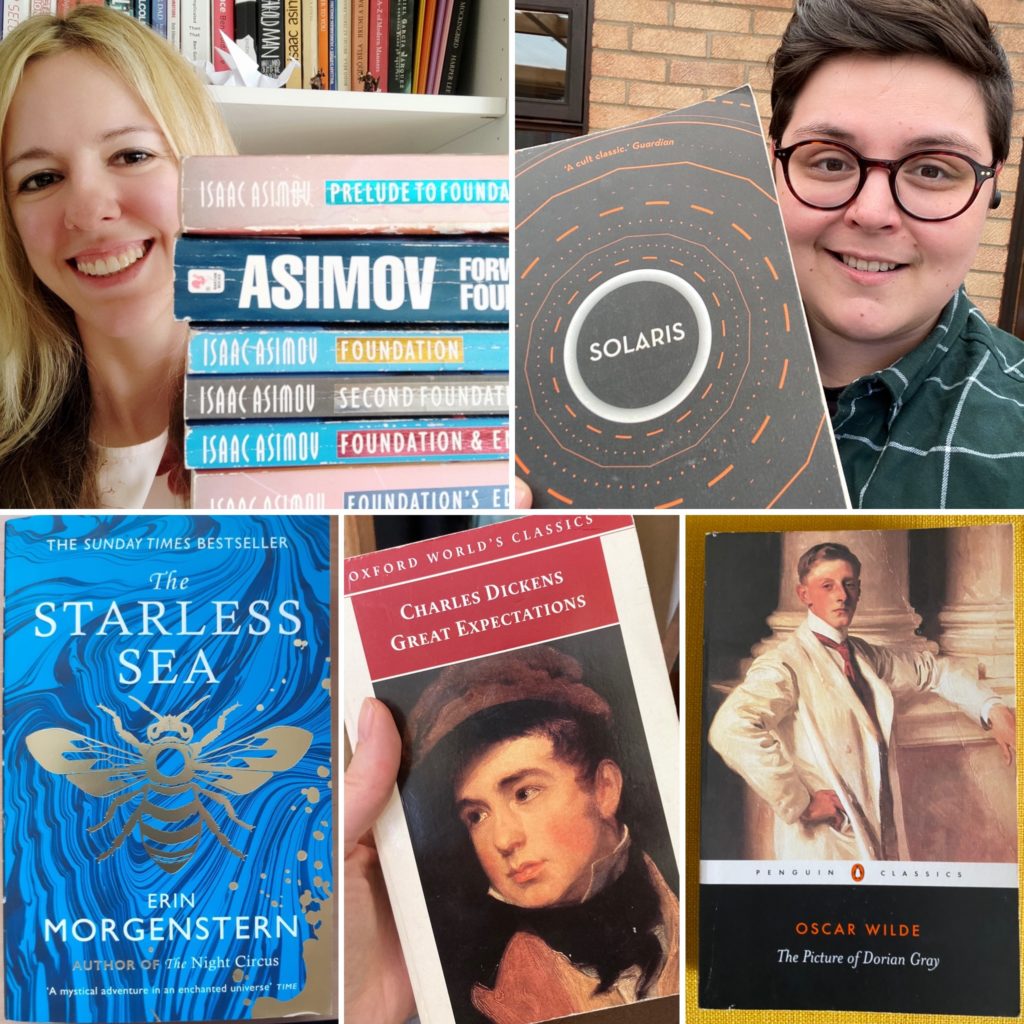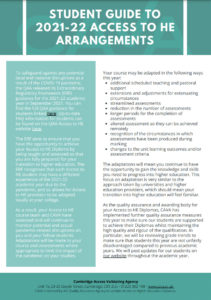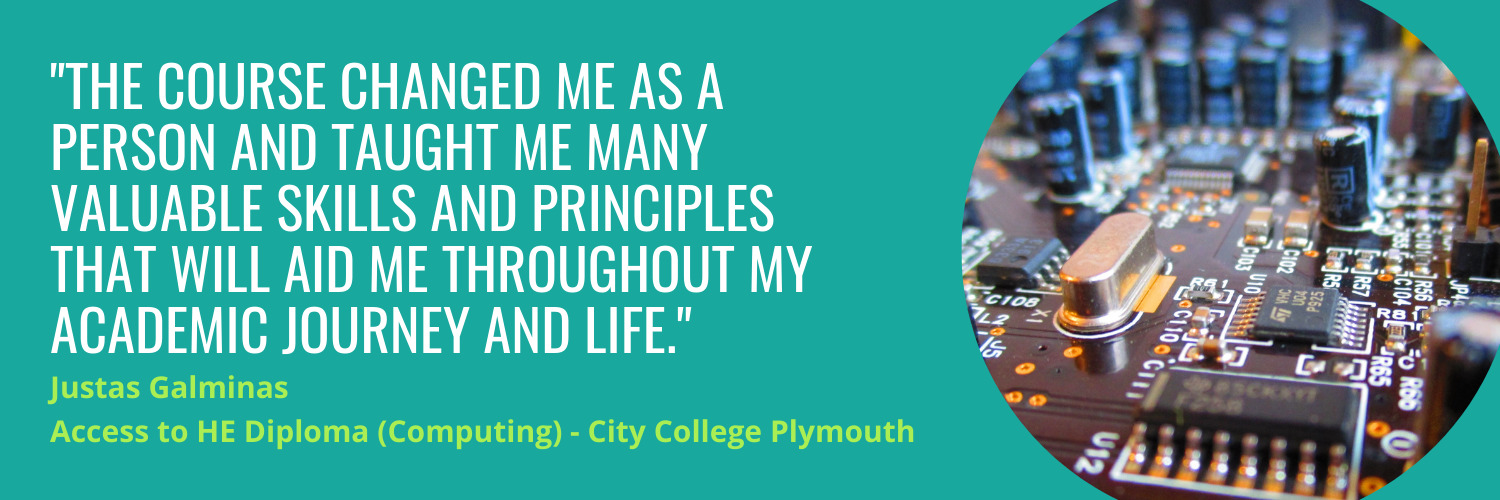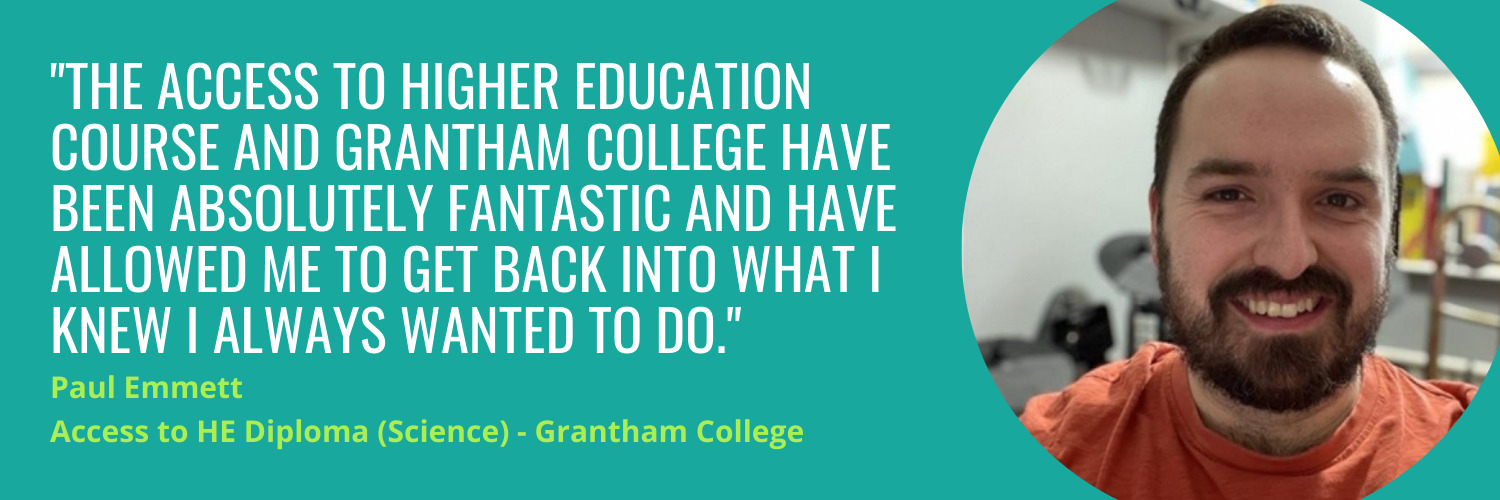The QAA’s Access to HE annual conference took place virtually across two half days on 10 and 11 May. Across the two days, the conference touched on different facets of the new Skills and Post-16 Education Act and its implications for the Access to HE Diploma.
The primary aim of the Skills and Post-16 Education Act is to transform the skills and training landscape and level up opportunities across the country. Access to HE Diplomas closely align to this aim, providing opportunities for thousands of adults to re-engage with education at Level 3 and progress into higher education. Carys Willgoss from UCAS spoke at the conference about the partnership between UCAS and Health Education England to research “Who are the future nurses” and better understand the next generation of nurses. Key findings included: the role the pandemic has played in inspiring people to pursue nursing as a career, the rise in mature acceptances, and the outstanding fact that 99% of nursing applicants were extremely confident in their choice of career. Jim Bird, Lecturer and Senior Admissions Tutor within Health Sciences at University of Southampton, and Rebecca Jordan, Access to HE Lecturer at South and City College Birmingham, also highlighted in a panel discussion how Access to HE students bring valuable life experience that heightens their empathy and understanding in the health and social care sector. Former Access to HE students highlighted how the wide range of Diplomas free up adults to dream and choose different careers to pursue.
The Skills and Post-16 Education Act also looks to introduce more flexible delivery models, with modular delivery and funding. Ann Cotterill, Quality Enhancement Specialist at QAA Scotland, explored a subset of modular delivery: micro-credentials. While there is currently no unified definition of micro-credentials, Ann highlighted the common aspects: a small package of focused learning; stand-alone but able to combine with other micro-credentials; range of educational levels; varying in size; and certificated and/or awarded a digital badge. QAA will create a common framework through a Characteristics Statement on micro-credentials for the UK. The presentation raised questions about how micro-credentials could support Access to HE delivery, for example, with micro-credentials in wellbeing and resilience supporting student retention. Through the CAVA Promotions and Recruitment Working Group, CAVA is exploring creating an e-learning resource for students to support their transition onto their Diploma.
Another key aspect of the Skills and Post-16 Education Act is the aim to boost the quality of education and experience for students. To ensure the Access to HE Diploma remains sustainable, flexible, with robust quality assurance into the future, the QAA is undertaking a review of its AVA licensing agreement; the Access to HE Diploma specification; and the Diploma’s grade scheme between 2022 and 2024. A series of consultations on proposed changes will be run in the 2022-23 academic year; with the 2023-24 academic year designated as an ‘enabling’ year to allow providers and AVAs to prepare for full implementation in the 2024-25 academic year. Alongside this, case studies from University of Exeter and the Training, Education, and Consultancy Hub shared ways that quality and student experience could be enhanced through study skills. University of Exeter was working with Exeter College to part deliver, support, and provide enrichment activities around the Access to HE study skills unit, to enhance the student experience and further students’ academic skills which are so essential in supporting a smooth transition from FE to HE. The Training, Education, and Consultancy Hub are developing a new dedicated textbook to support Access to HE students with developing their study skills. The book is anticipated to be published in early 2024.
Finally, the Skills and Post-16 Education Act included academic integrity legislation, which has criminalised essay mills for all post-16 education including Access to HE Diplomas. It is important to note that the legislation criminalises essay mills providing services and marketing their services – however, it does not criminalise the students themselves in accessing the services (though that would be classed as academic misconduct at an educational provider). Students may need support to understand that essay mills are now criminal entities and that students would put themselves at risk when engaging with criminals. Essay mills have engaged in further criminal activities, such as blackmailing students after use; and using the essay service to collect personal data about students to enable identity theft. The QAA has created an Academic Integrity Charter for providers to take a proactive stance on academic integrity and create a common framework of positive principles. The Charter can provide a starting point for conversations with students, to help them understand the value of academic integrity and the dangers of academic misconduct.
The CAVA team would like to thank the QAA for an excellent conference.
